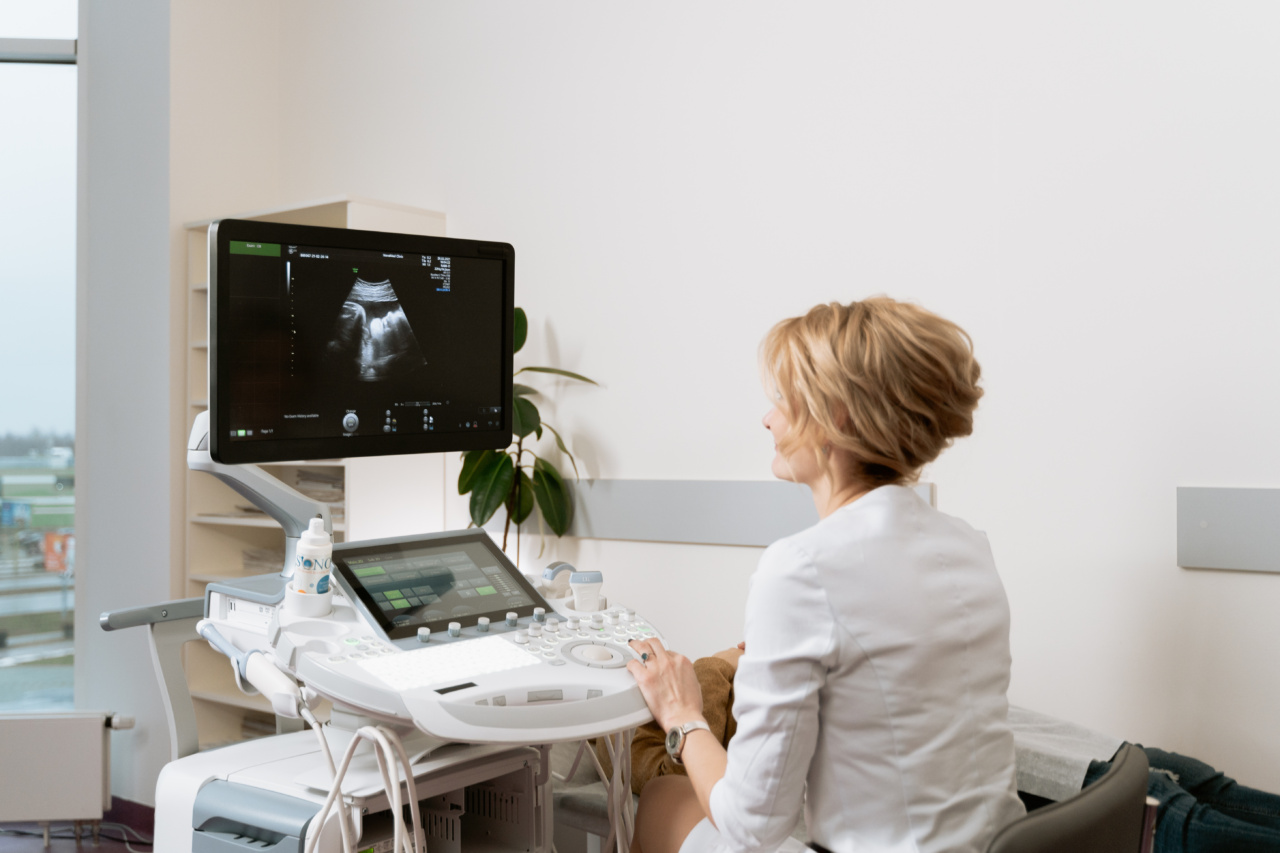Being pregnant is an exciting time, filled with anticipation and joy. However, it is also a critical period where the health of both the mother and the baby need to be closely monitored.
Diagnostic tests play a crucial role in assessing the well-being of the baby and identifying any potential risks or complications. In this article, we will explore the diagnostic tests recommended for expecting mothers in their first trimester.
1. Pregnancy Confirmation
The first step in prenatal care is to confirm the pregnancy. This is typically done through a urine or blood test that measures the presence of human chorionic gonadotropin (hCG), a hormone produced during pregnancy.
2. Dating Ultrasound
A dating ultrasound is usually performed between 8 and 14 weeks of pregnancy. This test helps determine the gestational age of the fetus and estimate the due date. It also confirms the presence of a viable pregnancy and checks for multiple pregnancies.
3. Nuchal Translucency Screening
The nuchal translucency screening, often done between 11 and 14 weeks of pregnancy, assesses the risk of chromosomal abnormalities such as Down syndrome.
It measures the thickness of the fluid at the back of the baby’s neck using ultrasound and combines the results with a blood test.
4. Non-Invasive Prenatal Testing (NIPT)
NIPT involves a blood test that analyzes the fetal DNA present in the mother’s blood.
This test, typically done after 10 weeks of pregnancy, screens for chromosomal abnormalities and can provide an accurate assessment of the baby’s risk for conditions such as Down syndrome or trisomy 18.
5. Maternal Blood Tests
Several blood tests are recommended during the first trimester to assess the mother’s overall health and screen for certain conditions.
These tests may include a complete blood count (CBC), blood type and Rh factor, antibody screening, and screening for infectious diseases like HIV, syphilis, and hepatitis.
6. Genetic Carrier Screening
Genetic carrier screening is a test that determines if parents carry gene mutations that may cause certain genetic disorders in their offspring.
This screening is typically offered to couples with a family history of genetic conditions or those from specific ethnic backgrounds with a higher risk.
7. Pap Smear
A pap smear is often part of routine prenatal care, even during pregnancy. It screens for cervical cancer and detects any abnormal cervical cells that may require further evaluation.
8. Urine Tests
Urine tests are performed at each prenatal visit to monitor various aspects of the mother’s health.
These tests check for urinary tract infections, proteinuria (excess protein in the urine), and glucose levels (screening for gestational diabetes).
9. Pelvic Exam
A pelvic exam may be done during the first prenatal visit to examine the reproductive organs and check for any abnormalities or infections.
10. Rh(D) Factor and Antibody Screening
The Rh(D) factor and antibody screening assesses the mother’s blood type and Rh factor compatibility with the baby.
If the mother is Rh negative and the baby is Rh positive, it can lead to complications in future pregnancies, so further monitoring and treatment may be necessary.
Conclusion
Regular diagnostic tests in the first trimester are essential for ensuring the well-being of both the mother and the baby.
These tests provide vital information about the pregnancy, identify potential risks or complications, and allow healthcare providers to intervene if necessary. By taking proactive steps and undergoing these diagnostic tests, expecting mothers can ensure a healthier and safer pregnancy journey.






























